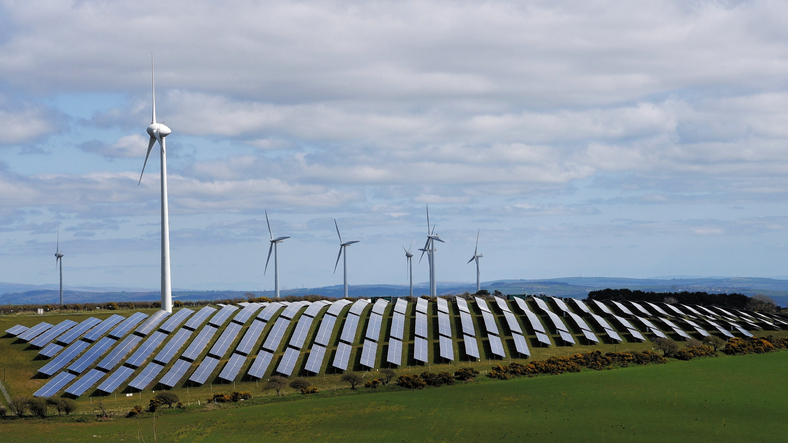The European Union plans to push back against the clean-tech tax breaks provided in the Inflation Reduction Act (IRA) by easing subsidy rules and creating a new source of money to help member states compete with the United States.
Some EU members see aspects of the IRA as discriminatory, designed to benefit U.S. climate tech manufacturers at the expense of Europe. The IRA sets aside $369 billion worth of tax breaks and subsidies to boost green technology and energy security in the U.S., several of which the EU sees as a direct challenge to its own green-tech industries. Europe, for example manufactures over 25% of global electric-vehicle production; the U.S. produced just 10 percent. Under the IRA, U.S. electric-vehicle manufacturers can receive up to a $7,500 per vehicle subsidy if enough of the components are sourced from the U.S. This could force EU companies to move their supply chains to the U.S. if they wish to remain competitive.
The IRA provides similar incentives for the clean hydrogen, carbon capture, and wind and solar industries. In the EU, on the other hand, current state aid regulations prevent member countries from offering similarly generous tax breaks to companies looking to set up factories.
EU officials have pressed the U.S. to modify the aspects of the IRA they see as unduly protectionist. In December, President Biden assured the EU he was “confident” they could “work out some of the differences that exist.”
Biden’s cordial words have not mollified the EU’s concerns. France led calls for Europe to respond with state support of its own for European companies, including through a “‘Buy European Act” and large-scale subsidies. And some German officials noted that 200 billion euros in EU pandemic recovery funds remain available and could be repurposed to support industry. The issue with these proposals is that, again, EU rules can make such pooling of resources complicated.
In response, the EU’s competition czar, Margrethe Vestager, recently said that Europe is preparing counter-measures to the IRA, including a temporary easing of EU state-aid rules and the creation of a new fund to help finance green incentives from less-wealthy countries. However, she also promised that the EU would not “go down the slippery slope” of protectionism.
Ultimately, it looks as if the EU has a persistent political will to counteract the IRA’s subsidies with financial support for clean-tech products manufactured in Europe. Given that serious modification of the IRA seems doubtful, the EU looks very likely to press ahead with its own set of benefits and tax breaks. This could affect companies’ decision making regarding where to invest in, locate, or expand any clean-tech operations they might have.

